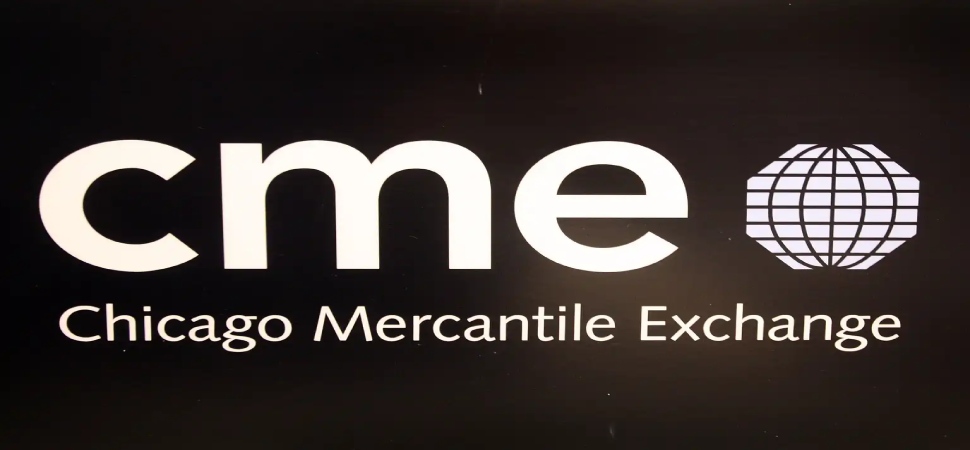12.12
Share ArticleHow to invest and trade oil?

Oil trading does not have to be completely virtual, unlike most other instruments. There are many ways to trade or invest in this asset. You can buy barrels of crude oil, stocks, trade oil futures, CFDs, and more. You can even invest in oil ETFs. Let's take a look at these options:
1. Buying oil directly
In theory, the easiest way to make money from oil is to buy a barrel at a low price and sell it later when prices rise. However, it's not quite that simple. First, unlike precious metals like gold and silver, you can't buy a barrel of oil in small quantities. Second, crude oil is very toxic. Adequate storage is needed. In most countries, barrels of oil cannot be stored without insurance. This makes buying barrels of oil a tedious endeavor.
Fortunately, there are other ways of trading crude oil.
2. Oil Stocks
There are many companies involved in the production, refining, and exploration of oil. Instead of buying barrels of oil, invest in the stocks of these companies, such as BP. Exxon Mobil, Total SA and Royal Dutch Shell are global companies.
The only disadvantage or conflict of investing in oil stocks is that changes in oil prices are not directly reflected in the stocks of these companies. This is due to many factors, including the fact that we are not investing in crude oil right now. Also, when you invest in a stock, you are investing in its full value, not just the final product. Therefore, the value of a company is affected by many variables that are not related to the end product - crude oil.
3. Trading oil futures
Oil futures trading is the trading of oil contracts in which traders agree to exchange oil at a certain price on a certain date. Oil futures is an active, liquid and volatile market that allows traders to trade oil prices that reflect the demand for different types of oil.
Both Brent and WTI can be traded using a special trading option. The world of futures contracts is different from the world of stocks and shares. It is a legal agreement in which the parties agree to buy or sell a specific asset at a certain date in the future and at a certain price before trading begins. Futures contracts are directly dependent on any changes in the price of oil, but exclude the obligation to purchase barrels of oil.
4. Oil ETF Funds
Exchange-traded funds, or ETFs, also offer a great option for trading oil. A pool of assets, such as stocks, is itself an investment in an ETF. With ETFs, traders have the opportunity to trade or invest in a broader market. This is because an ETF represents more than one instrument.
For example, if an investor wants to invest in technology stocks but hasn't thoroughly researched which stocks to support, they can find a technology stock ETF. This ETF represents a variety of technology stocks, and the investor will not have to do additional research.
In addition to stock ETFs, there are also commodity ETFs. For example, you can easily find crude oil ETFs that include stocks from various companies.
Trading ETFs is similar to trading stocks. You pay a fixed price when you buy an ETF and sell it later when prices rise. The difference between the buy and sell price will be your profit or loss. You can also trade CFDs, which are derivatives of ETFs. They allow you to trade in either direction.
5. Oil CFDs
A contract for difference or CFD is a tool you can use to trade price changes. It eliminates the need to physically own the asset. For example, with a CFD on crude oil, you can profit from price fluctuations without buying a single barrel.
If you are new to oil trading, it is recommended that you start with small amounts and gradually increase your investment as you gain experience.


Reviews